Why the Presidential Amnesty Programme (PAP) is Outdated
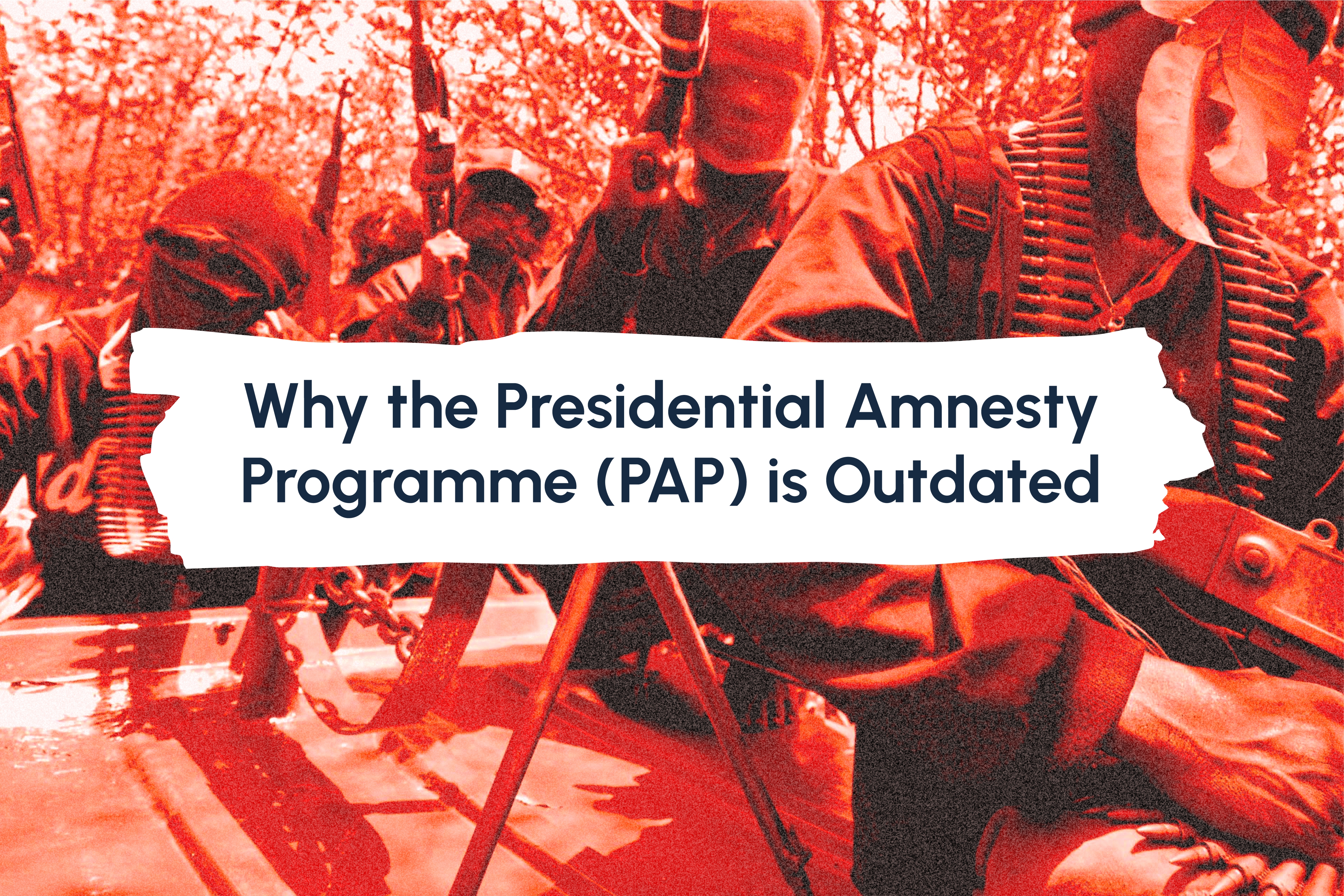
In 2009, the Nigerian government offered amnesty to Niger Delta militants. The amnesty deal was created to restore peace to the violence-mired region. It was a precondition for mitigating the incessant disruption of crude oil production, growing the petroleum industry and intensifying development in the region. The Presidential Amnesty Programme (PAP), proposed to last five years, required militants to disarm, demobilise and receive reintegration assistance. The programme provided a monthly stipend of ₦65,000 and reintegration assistance, including psychosocial counselling, educational, agricultural, and alternative livelihood measures, to about 30,000 repentant militants. These ex-militants were trained to become productive community members who will act as agents of change, employers of labour and net contributors to the economic prosperity of the Niger Delta.
The PAP has resulted in some successes. For one, it has lowered regional tensions and instability. Kidnappings and interruptions in the oil business have significantly decreased, and oil workers who fled the Niger Delta region have returned to their base. The government and its partners achieved relative security by reducing incessant attacks on oil facilities to a bare minimum, leading to a significant increase in oil production. For example, oil production grew from 700mbd at the peak of the militancy to 1.8mbd. Despite these achievements, the Programme faces significant obstacles in consolidating regional peace and security. The emerging complex combination of security, economic, and sustainability challenges mandates the programme's rapid withdrawal and transition to a broader programmatic framework that effectively addresses contemporary regional needs.
The Problem with PAP
The Presidential Amnesty Programme was established as a rapid solution to restore security and oil production in the region. However, after more than a decade, current realities indicate that peace in the Niger Delta remains fragile and prone to violence. The Amnesty Programme does not provide a peacebuilding framework to ensure long-term regional stability. As a result, some experts are concerned not just about the PAP's constrained structure and execution concerns but also about the mounting dangers of heightened instability in the Niger Delta region. Added to these is the perennial fatigue with funding by the government. The program has cost the government approximately ₦861 billion over the past 13 years (See figure 1). This has resulted in complex financial and political dependencies that will impede efforts to end the scheme.
The prolonged duration of the programme and the absence of a clear exit time frame have not only created a sense of entitlement among the ex-militants but also encouraged new groups to threaten security in the region. Some agitator leaders have developed ways to steer the PAP in their favour by controlling funds allocated to activities. These actors have become dependent on the PAP, explaining why the five-year programme has lasted over 15 years. Contemplating the exiting and closure of the programme without a rational replacement poses enormous political and security risks for the region and the country. The proliferation of small arms in the region, increasing incidences of abduction, crude oil theft, cultism and piracy are evident threats that cannot be ignored.
Post-Amnesty Conflict
Years after the PAP, the region has seen pockets of violent strife, stretching beyond the presidential amnesty's scope and intervention. This post-amnesty period has recorded continued attacks on oil infrastructure. According to a report, the renewed attacks on oil industry infrastructure began in April 2016. New violent groups claiming to represent the communities arose. Among them are the Niger Delta Avengers (NDA), the Red Scorpions, and the Niger Delta Greenland Justice Movement (NDGJM). The emergence of new militant organisations shows that insecurity in the Niger Delta has not ended. The Niger Delta Avenger’s strikes were particularly potent. For example, on the 14th of February 2016, the group bombed and destroyed Shell's underwater Forcados 48-inch export pipeline. Numerous other attacks followed this.
The New Poli - Contractors
Former militant leaders have risen to become prominent economic actors since the creation of the Presidential Amnesty Programme (PAP). The PAP's conception and implementation directly, albeit unintentionally, caused the economic emergence of ex-militants in the Niger Delta. While some oversee the fund disbursement, others are awarded lucrative pipeline surveillance contracts. In turn, they leverage their economic power to become influential political actors, radically transforming politics at both the community and state levels in the Niger Delta Region.
Beyond competing for political positions, ex-militants have become political gatekeepers in communities during elections, deciding who wins and who loses. They accomplish this by influencing community voting decisions or inciting violence to disrupt the democratic processes. Despite technological advancements, this pattern has remained sacrosanct. Technology has been bypassed, resulting in a new phenomenon known as "accredit and go." This refers to a situation in which only legitimate voters are certified through the Bimodal Voter Accreditation System (BVAS). In contrast, political figures and former militants cast votes for others in support of their favoured candidates. This influence disenfranchises community members, hinders civic engagements and restricts democratic governance at the local level, which exacerbates existing human rights issues.
A Case for Enduring Stability
There is a need for the programme to transition from short-term peacebuilding to long-term stabilisation. An inclusive transition programme that involves bilateral and multilateral partnerships would present a credible option for the government. This is necessary due to ongoing security issues and the limitations of the PAP in addressing increasing conflict in the region. This transition aligns with global best practices in Mozambique, Sierra Leone, Liberia, Uganda, and South Africa. The transition will address local challenges within evolving national development policies, enhancing stability in the region. It will also reinforce peace and stability by addressing threats like election-related violence, communal conflicts, maritime piracy, and cultism.
The Presidential Amnesty Programme should be renamed the Niger Delta Stabilisation Initiative (NDSI). The NDSI would be a collaborative effort to leverage the region's youth capabilities for conflict prevention and peace-building, providing alternatives to violence by integrating youth into socioeconomic development. Additionally, the initiative would strengthen local community mediation processes, expand social accountability systems, and promote informed citizenship through forums that communicate government policies.
First, the government should engage ex-militants, civil society organisations, and community stakeholders in a sensitisation programme highlighting the need to transition from the current framework. This initiative will address the unsustainable nature of the existing PAP structure. Exploring a proposal to provide financial support to trained ex-militants for establishing business ventures could be a viable option. Following this, the government should comprehensively redesign the programme, involving all relevant stakeholders. The phased implementation of the transition programme should be aligned with initiatives for rapid economic and social development.
Potential Obstacles to Stabilisation
Some of the ex-militants who are now political and economic leaders may form resistance to an initiative that ends their control of PAP funds. As a result, there must be a robust framework in the plan first to engage them, sensitise them and gain their buy-in on the Niger Delta Stabilisation Initiative (NDSI).
Another threat to sustainable stabilisation in the Niger Delta is corruption. One of the fundamental manifestations of corruption is the misuse of allocated public funds. While corruption is a hydra-head, misappropriating public funds may swiftly shred a well-established stability system. In 2020, Nigeria's National Security Adviser, Babagana Monguno, disclosed that approximately ₦700 billion allocated for funding the post-amnesty programme was dubiously plundered and unaccounted for by those who manage the programme and their allies.
References
Dengiyefa, A. (2023, August 14). Ex-militants and Bayelsa’s governorship election: An impending oil surveillance contract war. Centre for Democracy and Development. https://www.cddwestafrica.org/blog/ex-militants-and-bayelsa-s-governorship-election-an-impending-oil-surveillance-contract-war/
Ebiede, T. M. (2017). Instability in Nigeria’s Niger Delta: The Post Amnesty Programme and sustainable peace-building. Friedrich Ebert Stiftung.
Ebiede, T. M., & Langer, A. (2023). The political lives of ex-militant leaders in Nigeria’s Niger Delta. Conflict, Security & Development, 23(4), 389-411. https://doi.org/10.1080/14678802.2023.2226092
Ikenga, F. A. (2023). 13 years of the Amnesty Programme in Nigeria: An assessment of its impact on the Niger Delta region. https://journalsglobal.com/index.php/jgss/article/download/167/176/202
Inemoh, A. E., Aminu, U., & Adegoke, A. (2024). Insecurity and Presidential Amnesty Programme in Post-Conflict Niger Delta Region of Nigeria. EJMSS, 4(2), 63-80. https://www.researchgate.net/profile/Elisha-Duchi/publication/381671954_UPDATED_EJMSS_Vol_4_No_2_May-Aug_2024/links/667ab5618408575b838a65df/UPDATED-EJMSS-Vol-4-No-2-May-Aug-2024.pdf#page=63
Nasiru, J. (2020, August 21). NSA: N712BN wasted under Amnesty Programme. TheCable. https://www.thecable.ng/nsa-n712bn-wasted-under-amnesty-programme/
Oluwaniyi, O. O. (2023). Post-Amnesty Programme in the Niger Delta: Challenges and prospects. https://au.int/sites/default/files/documents/39221-doc-175._the_post-amnesty_Programmeme_in_the_niger_delta._challenges_and_prospects.pdf
Onapajo, H., & Babatunde, A.-W. (2020). The civilianisation of ex-combatants of the Niger Delta. ACCORD. https://www.accord.org.za/ajcr-issues/civilianisation-ex-combatants-niger-delta/
Okocha, V. C., et al. (2024). Impact of Presidential Amnesty on Militancy in Nigeria: An appraisal of the Presidential Amnesty Programme in Delta State (2009-2015). BJMAS. https://bjmas.org/index.php/bjmas/article/download/853/1487/1515
ReliefWeb. (2020). Report on the assessment of the Presidential Amnesty Programme (PAP) - Nigeria. https://reliefweb.int/report/nigeria/report-assessment-presidential-amnesty-Programmeme-pap
Similar Insights
View All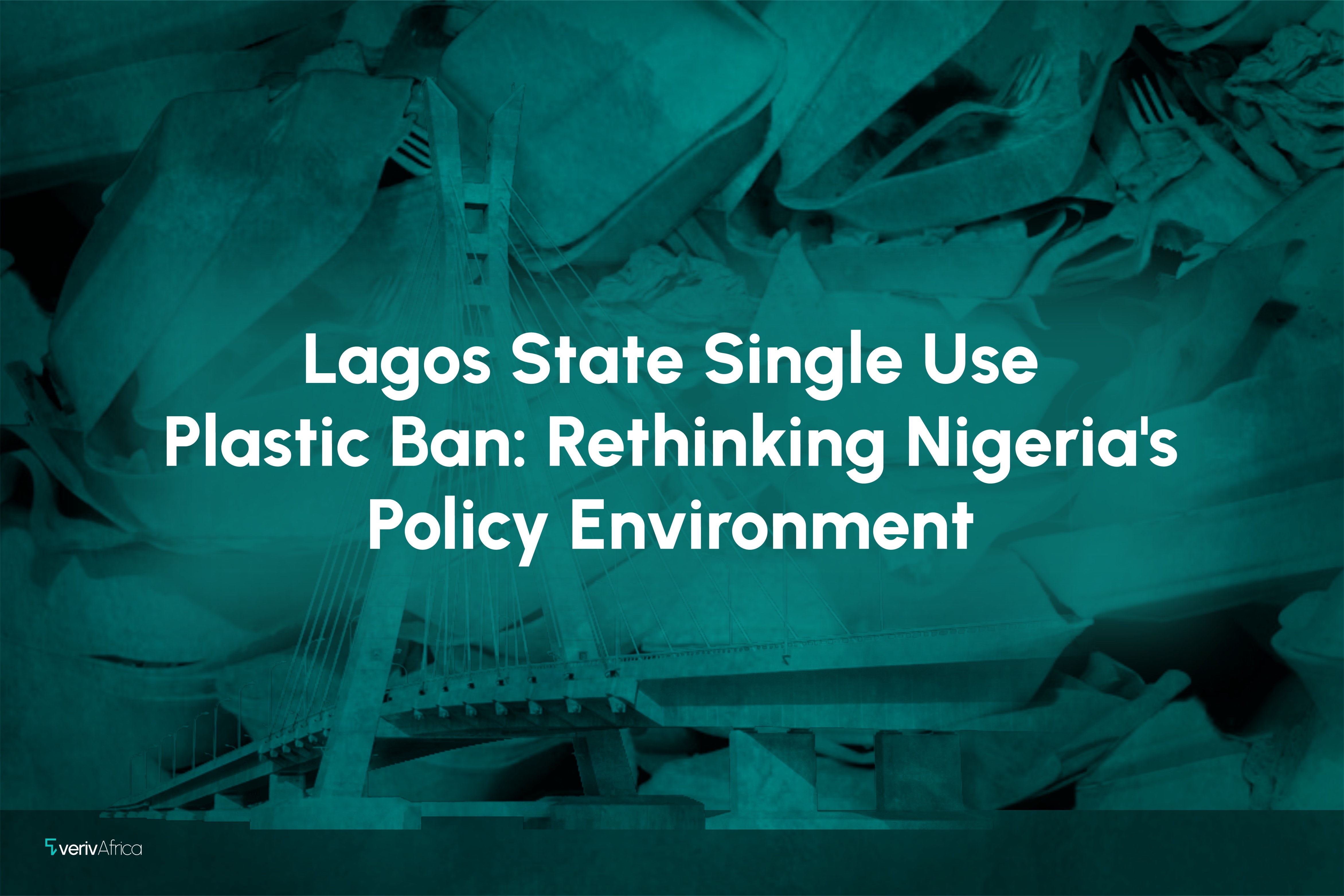
Lagos State Single Use Plastic Ban: Rethinking Nigeria's Policy Environment
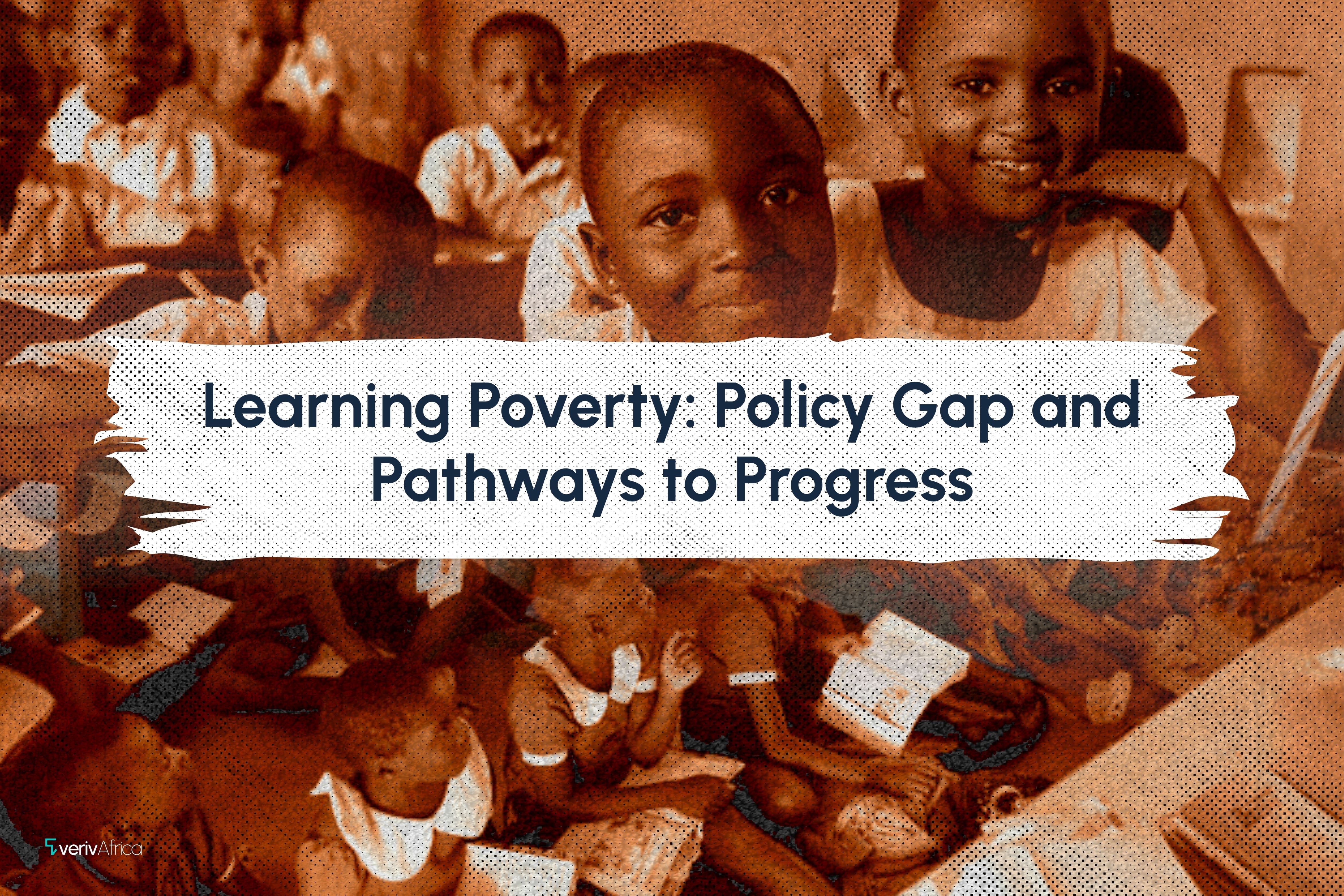
Learning Poverty: Policy Gap and Pathways to Progress

A Data-Driven Argument for State Police in Nigeria
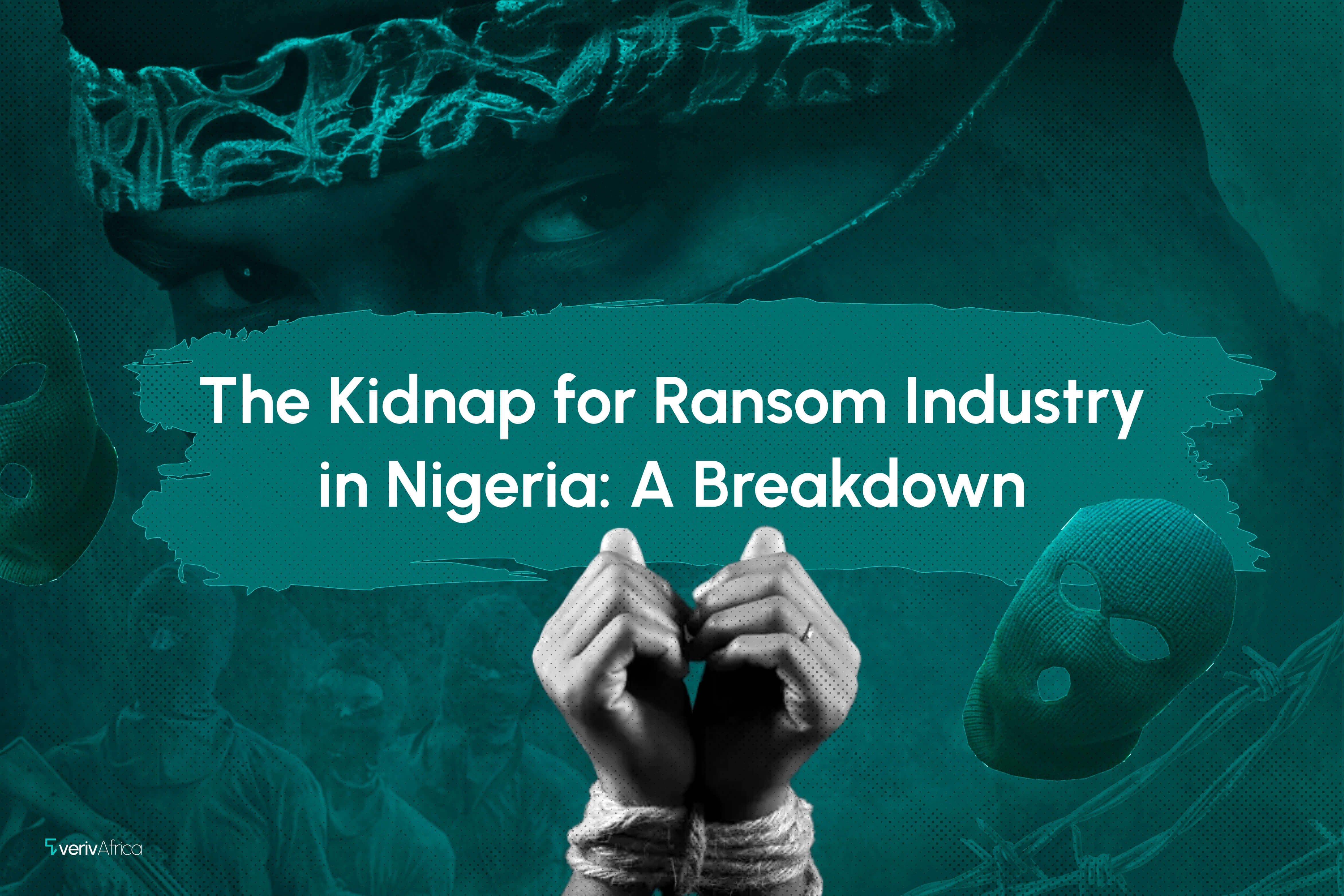
The Kidnap For Ransom Industry In Nigeria: A Breakdown

How to Make the Nigeria Startup Act Work

How Much Data Does Policy Making in Nigeria Need?
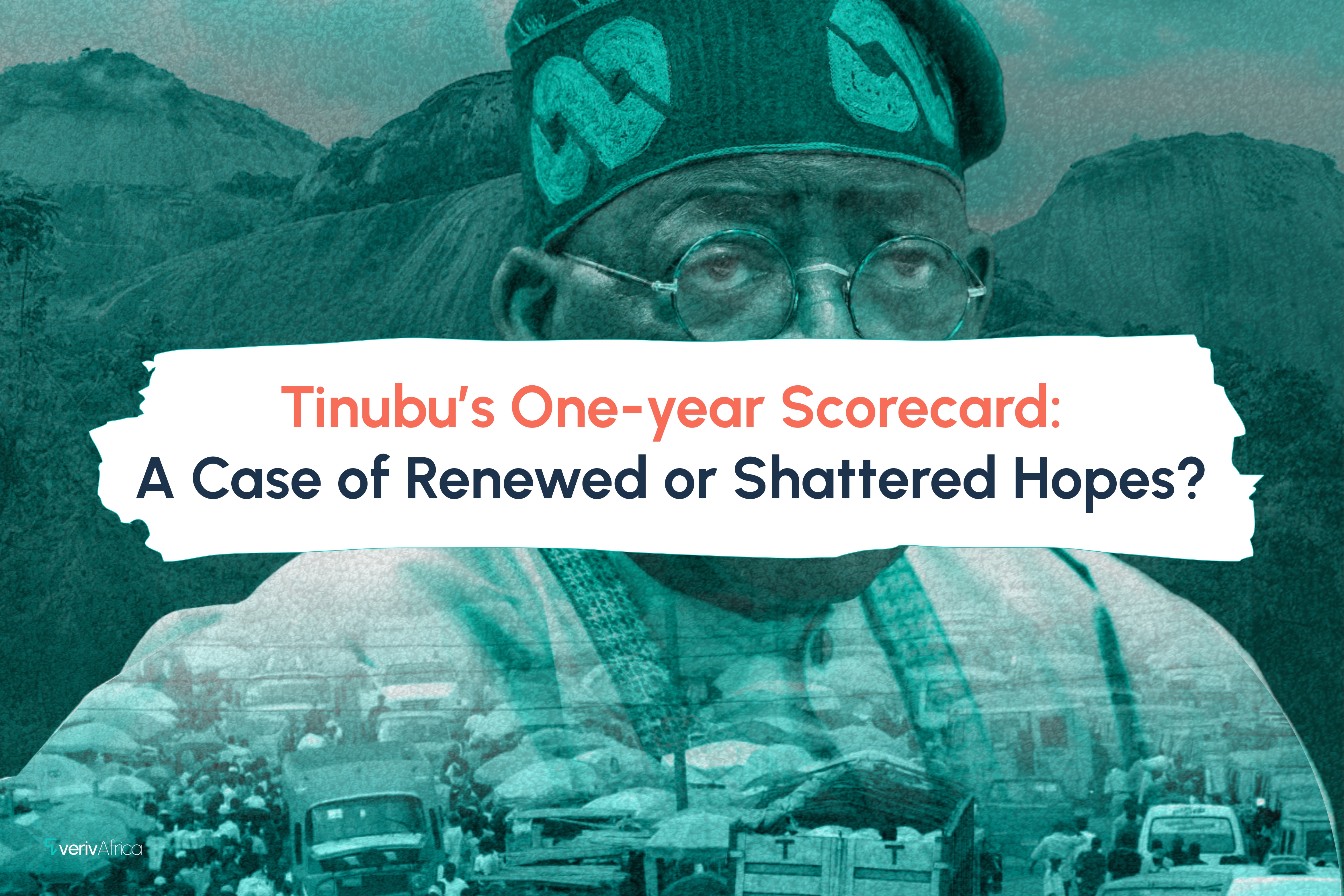
Tinubu’s One-year Scorecard: A Case of Renewed or Shattered Hopes?
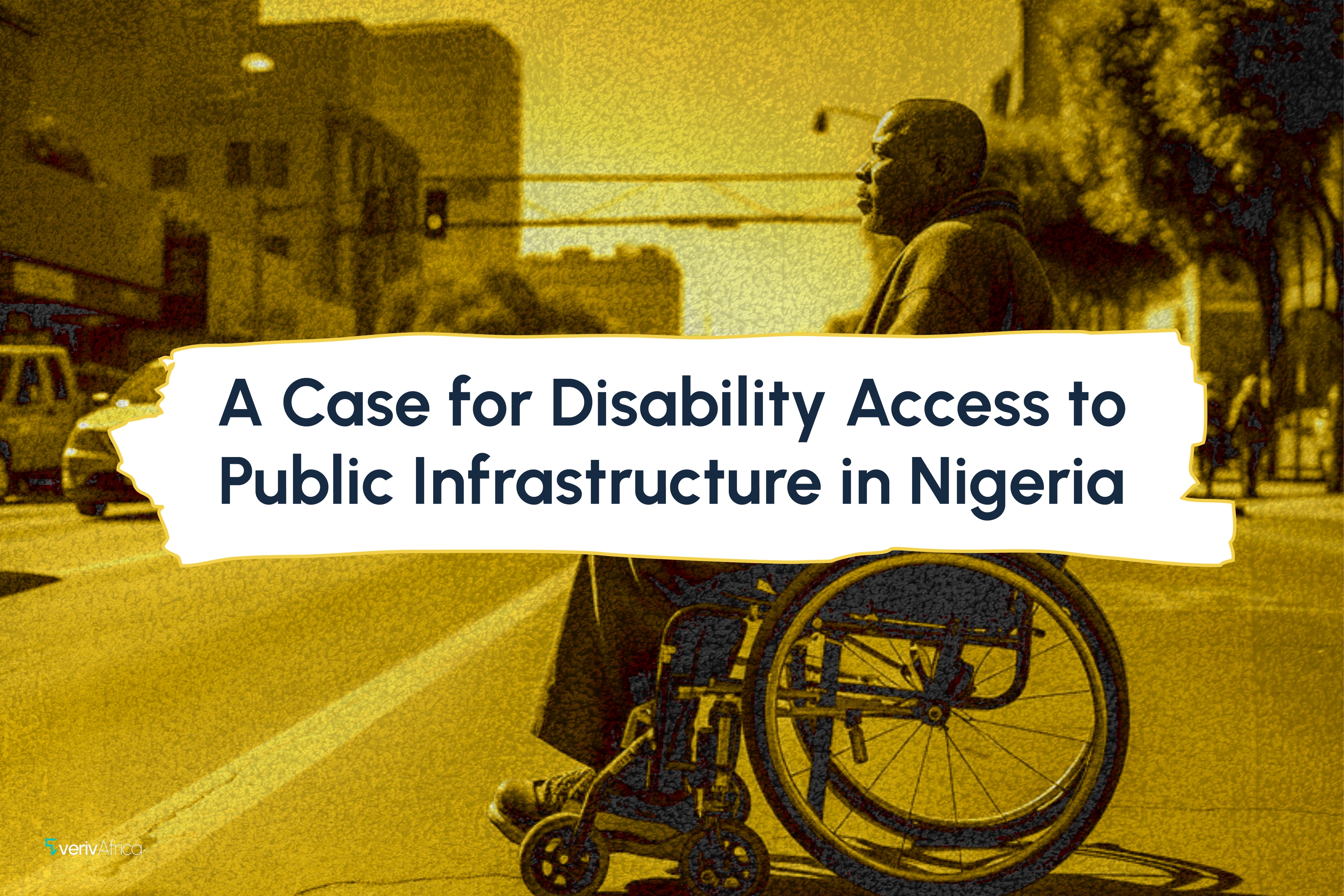
A Case for Disability Access to Public Infrastructure in Nigeria
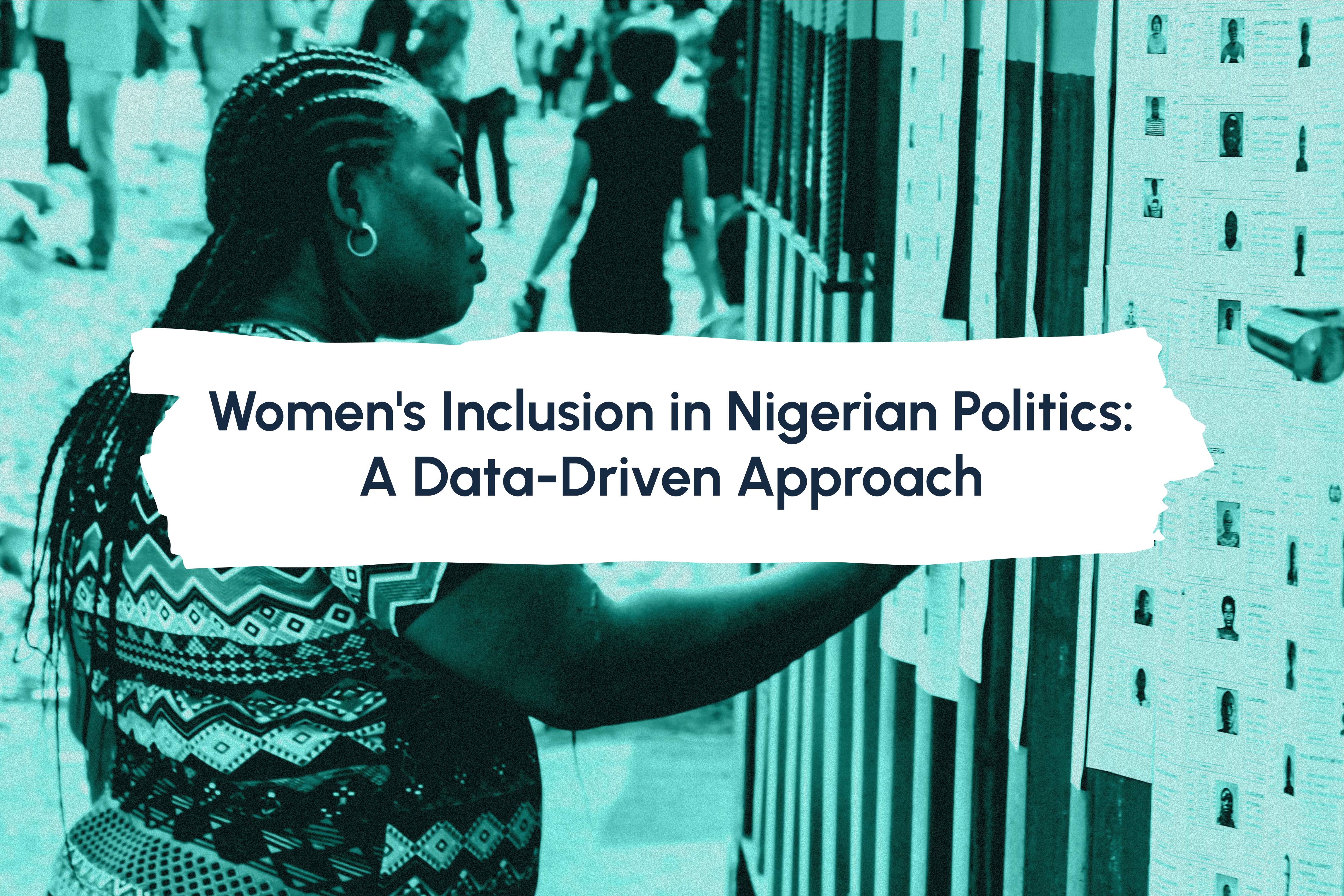
Women's Inclusion in Nigerian Politics: A Data-Driven Approach
Don't miss out!
Our subscribers receive firsthand updates on our recent content. We hope you become one, too.
It's free, so why not?

